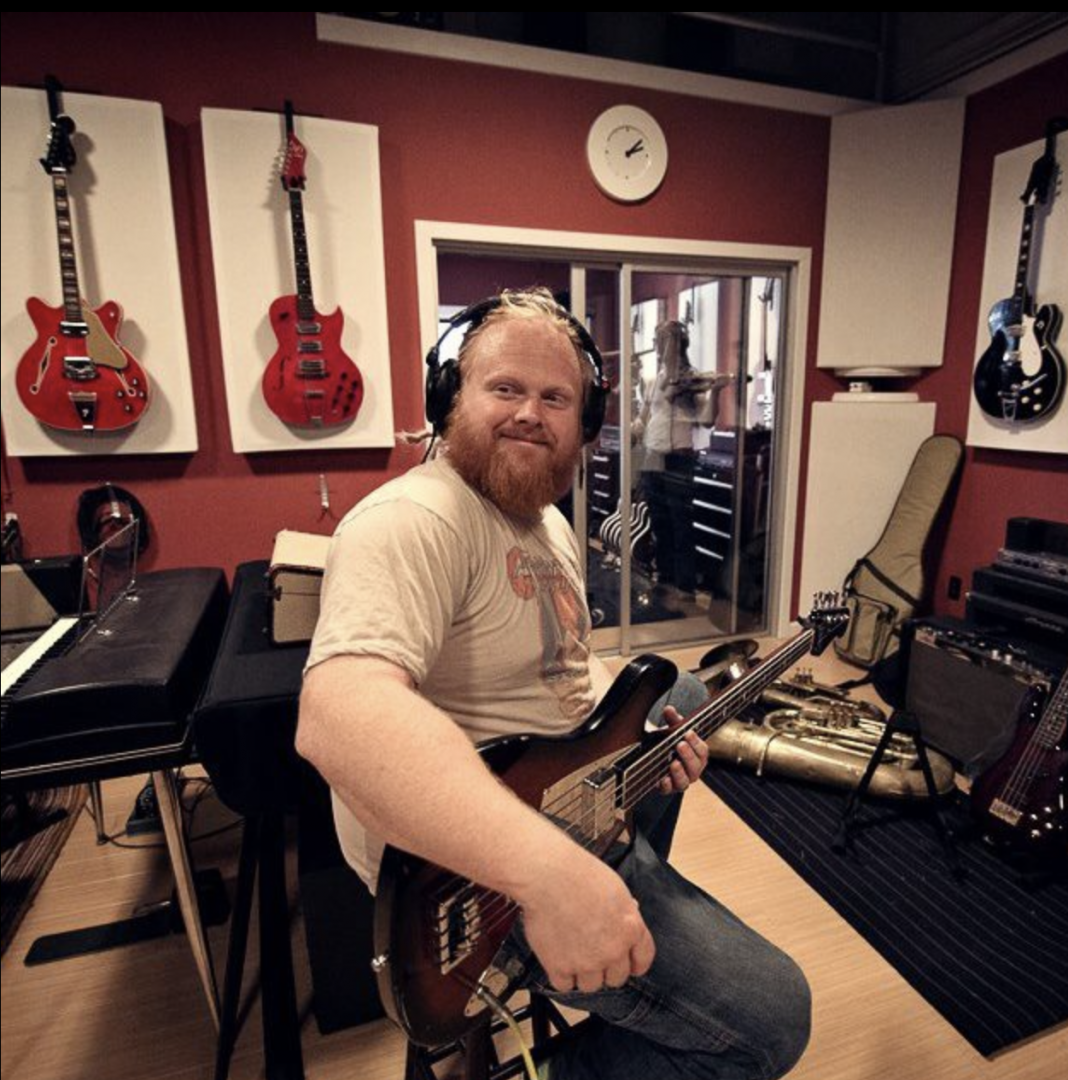There is a common stereotype associated with what a college student looks like.
People typically imagine someone in their early 20s, fresh out of high school, and more often than not, lacking real world experience.
But Kevin Hill, a professional bass and tuba player, fits outside the norm.
After a long and successful career as a musician both abroad and at home, he decided to return to college.
Hill has toured with famous violinist Patrick Contreras and was a music curator at venues such as The Landmark.
But the lifestyle pushed him to defy the norms of a college student and attend Fresno State’s music program.
He is defying society’s expectations to return to college after pursuing a long, successful and hugely memorable career as a musician.
“Making a living as a musician is extremely hard work. There are no benefits and no retirement, so I’m going back to school. For myself and for my family,” Hill said.
Hill, a senior at Fresno State, has been playing jazz, rock, funk, blues and folk music around the world since he was 16 years old.
At the age of 21, he chose to pursue a career as a musician instead of continuing his academic education and as a result started traveling nationally and internationally on tours.
After living the musician lifestyle and having a family, he decided to come back and finish his education.
“I always knew that I wanted to finish, it just became more feasible when I got older,” Hill said.
When Hill was 37 years old, he started at Fresno City College then worked his way to Fresno State, where he is currently pursuing a bachelor’s degree in jazz studies and obtaining a teaching credential.
When asked about the decision to return to finish his education, Hill said, “There wasn’t a moment… It just became possible.”
He knew going back to college would affect his family and work life, so he had to plan for a long time.
“It’s not too often that a famous local musician wants to go back to school so that he can become a music educator and give back everything he has learned to the youth in the community,” said Richard Lloyd Giddens Jr., director of jazz studies at Fresno State.
The two men have been friends since grade school, where they would ride the bus to school together, and stayed connected through several life changing events and career changes.
“He is the funniest, most charismatic, and one of the most talented people in the room, always,” Giddens Jr. said.
“His musical ability is natural and flows through him at all times, it’s such a joy to see him play.”
Giddens Jr. and Hill’s friendship played a small part in Hill choosing to go Fresno State to get his degree.
Along with their friendship, Hill also chose Fresno State because it was close to home.
The decision also came because, as a musician, life was not an easy feat.
“The fluctuation of income is the worst part of being a musician,” Hill said.
Hill realized that in order to make $50,000 a year he would need to have three gigs a week, and earn $350 each time.
“I’ve struggled the whole time, that’s part of [being a musician],” Hill said. “It places your value, self worth and self esteem in the hands of a different audience multiple times a week.”
Hill said there is no respect if you don’t have a degree, that you get $20 an hour until you die.
“Get your degree and play music,” Hill said. “I watched most of my friends who finished college go on to become teachers, and I’ve seen none of those people stop playing music, but I have seen plenty of people try to be musicians only and become stubborn, poor and stop playing music.”
Hill said that the reason people still want to be musicians is because they’re worshipped as demigods.
Musicians get to travel for free to places they always wanted to go to and meet amazing people in the process.
In this way Hill said being a musician is magical, that people will be more likely to crowd around you on the street and clap and smile and dance.
“It’s an honor to move the air in a way that changes people’s lives for the better,” Hill said.
Hill is pursuing a path to teach what he learned in his lifetime to those who are just starting their musical careers in elementary and middle school.
“I was seeing that there weren’t a lot of skilled jazz technicians, so I figured I’d do my part to try and help in the education sector in elementary and middle schools and make the next generation of skilled jazz players happen.”




